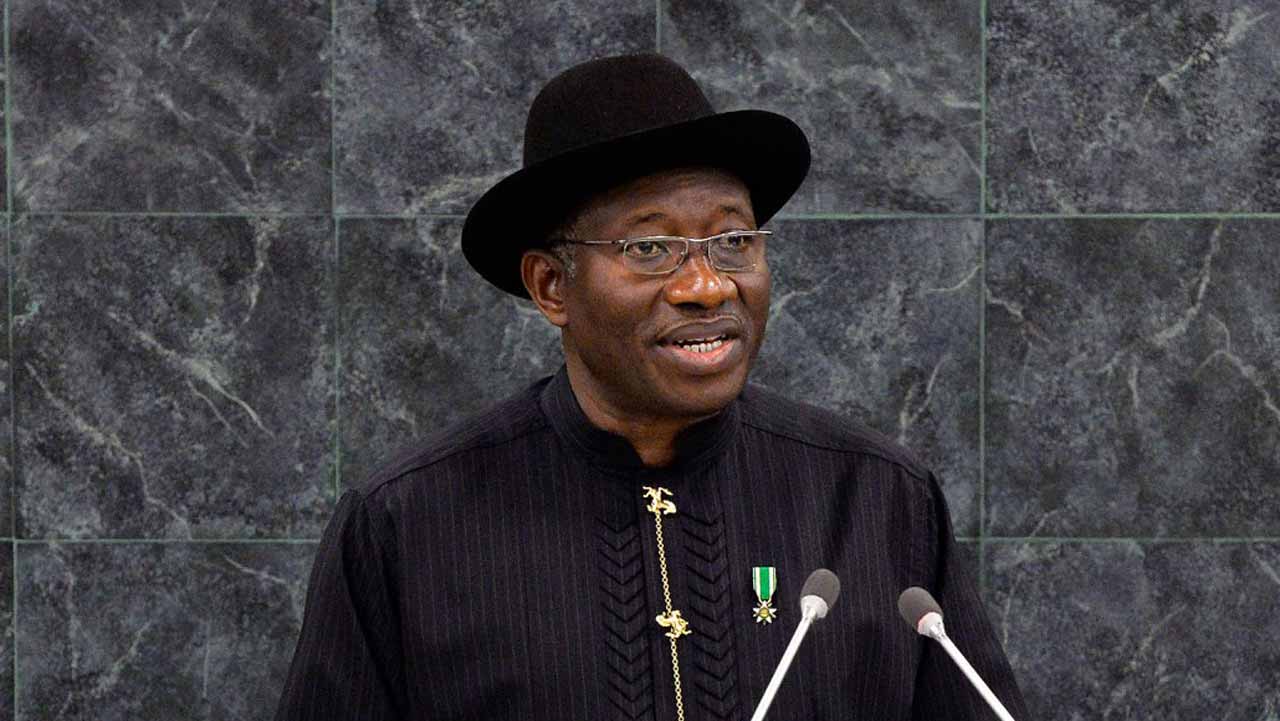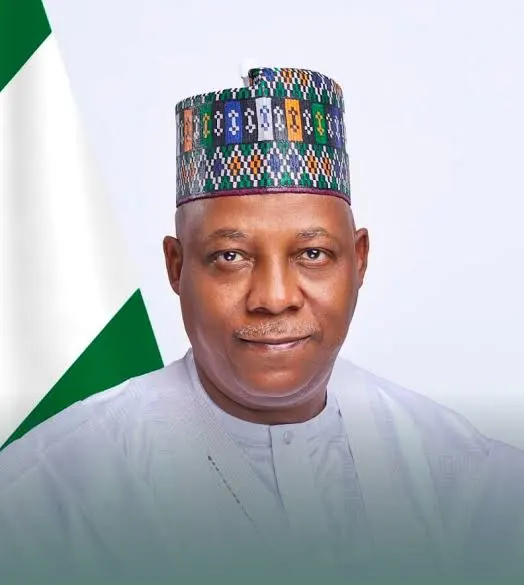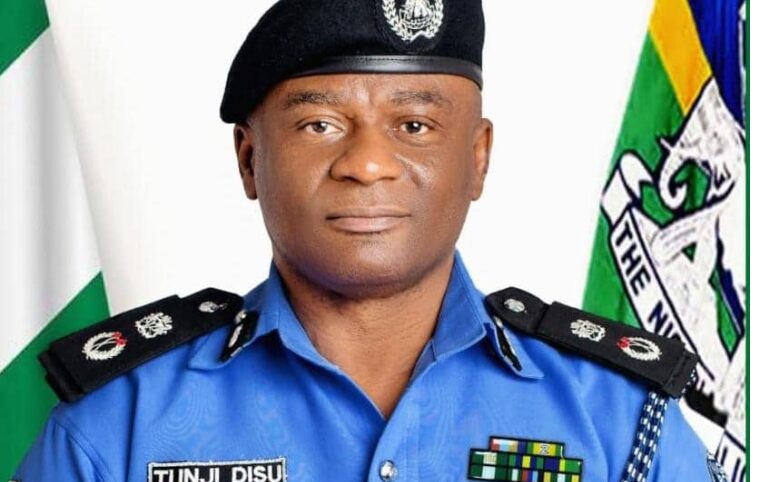Former President Goodluck Jonathan has shed new light on the betrayals he faced during his failed 2015 re-election bid, a painful experience that he says tested his trust in Nigerian politics. His revelation comes at a time when calls for him to contest the 2027 presidential election are growing louder within the Peoples Democratic Party, raising questions about whether he will stage a political comeback.
Jonathan Reflects on 2015 Election Loss
Speaking at Chief Mike Aiyegbeni Oghiadomhe’s 70th birthday celebration in Benin, Jonathan shared details of the disloyalty he faced during the campaign. He remarked that Nigerian politics is often filled with shifting allegiances, noting, “You’ll find it difficult to see somebody who says the same thing in the morning, in the afternoon, and in the evening.” Jonathan praised Oghiadomhe as one of the few who remained steadfast, describing him as a man whose word could always be trusted.
Accusations of Betrayal from Within
Jonathan revealed that betrayal came not only from rivals but also from inside the People’s Democratic Party. Reports suggest that certain northern elites and party leaders, including former National Chairman Adamu Mu’azu, worked against his re-election in 2015. These fractures weakened the PDP’s campaign and contributed to his defeat by Muhammadu Buhari.
Renewed Pressure for 2027
Despite the bitter memories, Jonathan now finds himself under fresh pressure to run again. PDP leaders, especially from the South, argue that his experience and reputation could help the party reclaim power in 2027. Some northern stakeholders have also signaled support, pointing to the need for unity and stability ahead of the next election cycle.
A Decision Still Pending
Jonathan has not publicly declared his intention to contest in 2027. However, his reflections on betrayal raise questions about whether he is willing to risk another run given the divisions that plagued his last campaign. For many observers, the decision could reshape not only the PDP’s strategy but also Nigeria’s broader political landscape.
Conclusion
Jonathan’s comments on the 2015 betrayal reveal deep wounds that continue to shape his outlook. As calls for a 2027 comeback intensify, the former president stands at a crossroads. Will he choose to re-enter the political arena, or will the ghosts of 2015 keep him from making a return? Nigerians are watching closely as the story unfolds.



